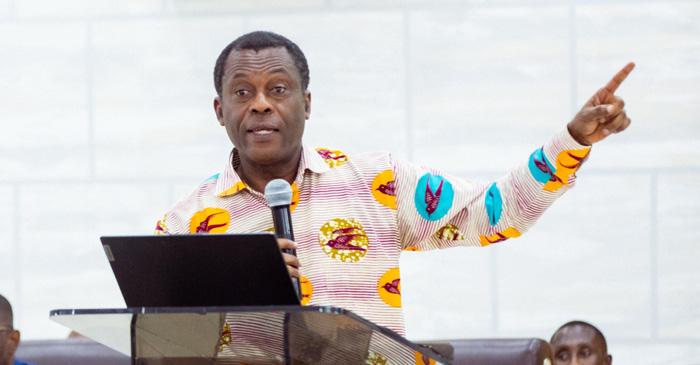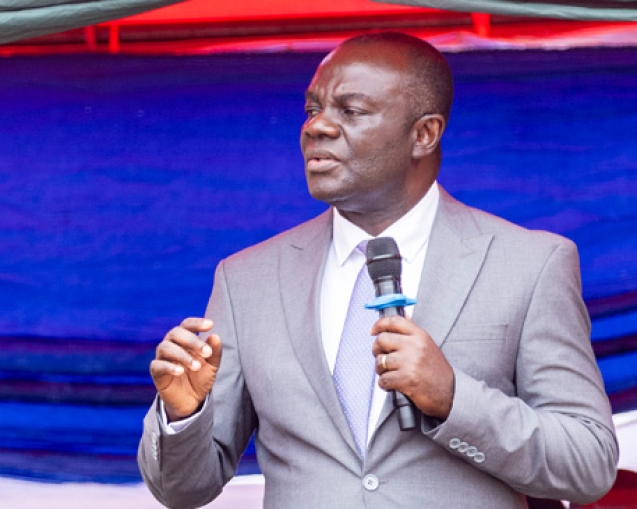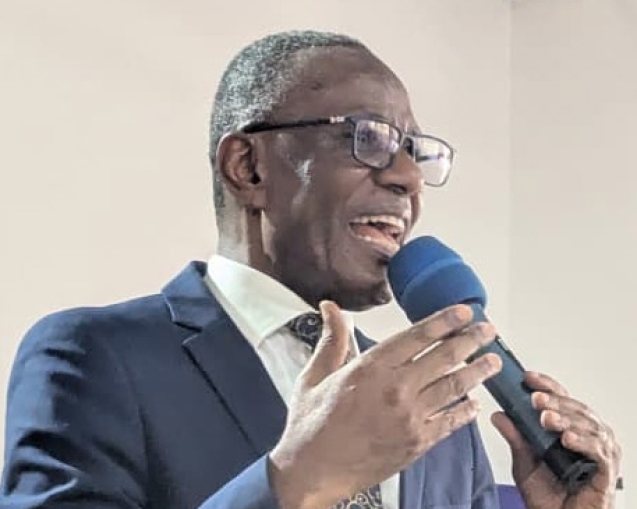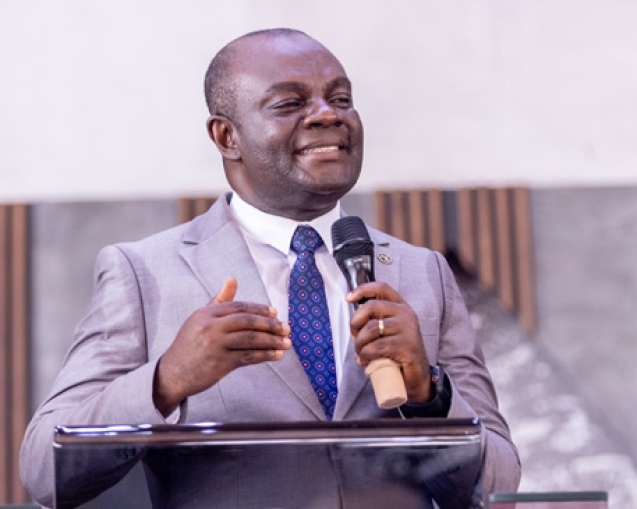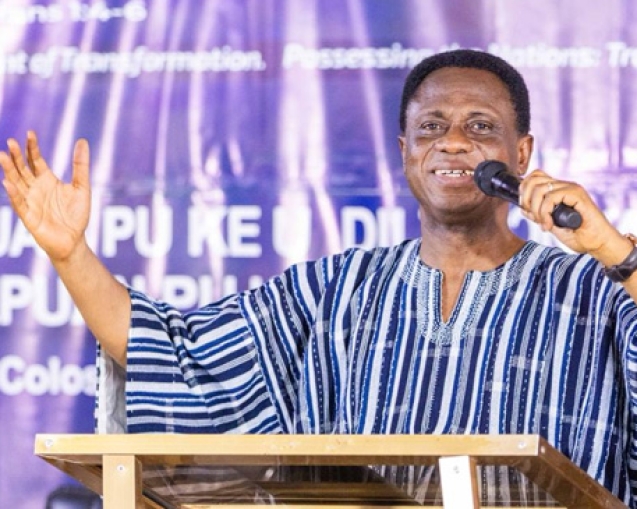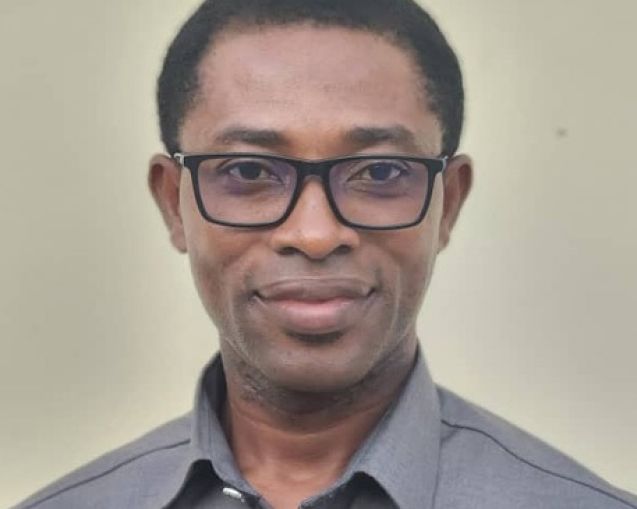The Director of the Pentecost School of Theology and Mission (PSTM), Apostle Dr Emmanuel Anim, has stated that true missionary work is rooted in humility, obedience, and a clear understanding of God’s redemptive mission through Christ.
Speaking on the topic, ‘The Call of a Missionary’ at the 2025 Missions Orientation currently ongoing at the Pentecost Convention Centre (PCC), the respected theologian provided a deep theological reflection on the nature of missions and the divine responsibility of every believer to be a vessel of blessing to the nations.
‘Missions must always begin at the foot of the cross in all humility,’ he declared, adding, ‘We are not going in our name or by our perspective. We go as agents of God, carrying His message to His people.’
He began by tracing the historical use of the word ‘mission,’ explaining that until the 16th century, it was used exclusively to refer to the sending of the Son by the Father and the sending of the Holy Spirit by the Son, a doctrine rooted in the Trinity.
Apostle Dr Anim clarified the difference between ‘mission’ and ‘missions.’ According to him, ‘Mission’ is God’s eternal purpose, thus His redemptive work through Christ, while ‘Missions,’ on the other hand, refers to the specific ventures of the Church in response to that purpose, shaped by time, place, and need.
Referencing Genesis 12, he noted that God’s call to Abraham marked the beginning of a global vision—to bless all nations through one man. He indicated that missionaries are ambassadors of that same covenant.
‘Our calling, like Abraham’s, does not end with us. It’s generational. The blessing of your obedience is for your children and your children’s children,’ he said.
Apostle Dr Anim also stressed the importance of cultural sensitivity in missionary work. He explained that context is not secondary but foundational.
‘In missions, context gives meaning. You cannot transform what you do not understand. Most aspects of culture are subtle—intuitive, even hidden. But every culture communicates something about its people. That’s where transformation begins,’ he revealed.
Citing Acts 2 and Acts 8:26-39, he reminded participants that God reaches people where it makes sense to them, and that missionaries, like the apostle Philip, are called to interpret the gospel in ways that connect deeply with their hearers.
‘You are not taking God to the people; He is taking you to them,’ he asserted. ‘Our responsibility is to explain, not impose. We must ask for wisdom on how best to communicate God’s truth on the ground.’
He also cautioned against the danger of localizing God within personal or national contexts, saying, ‘Any time God calls people, there’s the tendency to localize Him. But God is bigger than our culture. We must not reduce the global gospel to local mindsets.’
He concluded by reminding missionaries that systems and structures matter just as much as words.
‘The Great Commission is also about changing systems. If the systems are corrupt or unjust, people will resist the message, no matter how pure it is. The gospel must engage both people and the environment they live in,’ he said.
PENT NEWS






